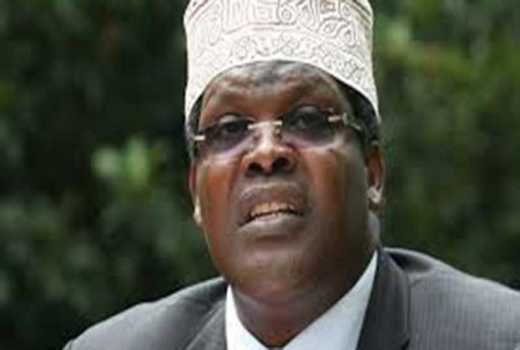×
The Standard e-Paper
Smart Minds Choose Us

The immigration case of lawyer Miguna Miguna has attracted a great deal of interest and legal curiosity that call for a proper perspective. Miguna claims to be a Kenyan and a Canadian citizen: the one by ministerial compassion and the other by birth. For the record, he was born in Kenya of Kenyan parentage.
What has not been clarified is how he acquired Canadian citizenship. Since he was not a ‘natural’ candidate for Canadian citizenship, he must have applied under some law that then allowed foreigners to do so.